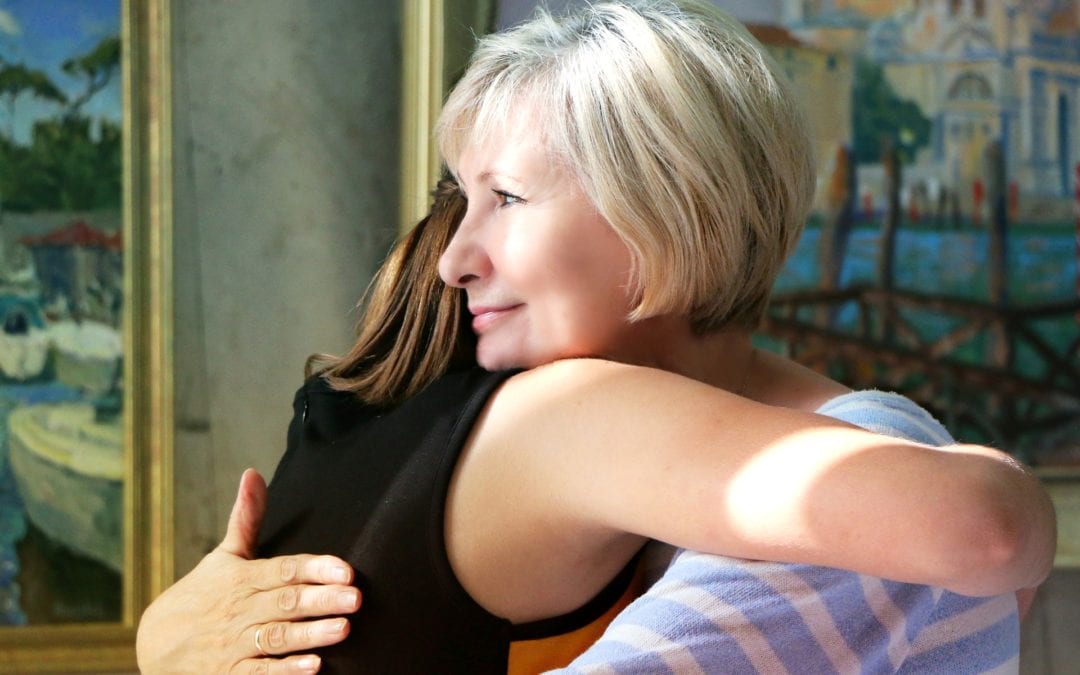There is a saying: Love the person struggling with addiction, hate the disease. The root of this mentality is to fight against the stigma associated with addiction, because more often than not, it’s the lack of conversation that can contribute to the problem.
If we as a society could embrace the idea of talking about addiction, what would that do for the drug epidemic? For those fighting a substance abuse issue?
In addiction treatment, patients learn there is no reason to be ashamed. Everyone is there for the same reason. Having similar struggles with your peers is what helps keep the conversation going. And just knowing that someone else can relate is a huge relief.
After spending some time with addiction treatment graduates, the thought occurred to me that we don’t talk about addiction enough. When I mentioned this to these survivors, they agreed. It was truly an enlightening conversation.
The Vicious Cycle of Shame
Many people battling addiction don’t reach out for help solely based on feeling ashamed. And then the shame turns into self-loathing, which can then fuel the pattern of substance abuse.
Sally, a recovering alcoholic who entered treatment at Turning Point Recovery, an Addiction Campuses facility, over a year ago experienced this cycle firsthand.
“You’re so involved with hiding your addiction because you think it’s wrong. I thought I should have been able to handle my drinking. When it got out of control, I didn’t want to tell anyone about it because I should have been able to control it. And I didn’t want to burden anyone with it. I thought, ‘If they know I’m struggling, I’ll burden them, because I should be able to solve this myself.’ It’s a vicious cycle. We can’t solve it ourselves,” she shared.
A support system is really one of the most important facets to recovery. That is why a support system is built into the recovery models at treatment facilities. As intimidating as it can be for patients, they soon realize how fundamental their peers are to the process.
“Don’t be ashamed — we’re all addicts here!”
Zach, an addiction survivor who now happens to be studying to become a licensed substance abuse counselor, told me he was incredibly nervous when he first arrived for treatment. He said he was awash in feelings of shame, loneliness, and emptiness. But then something great happened.
“I’ll never forget when I first got to my treatment facility. I had just gotten out of my intake with the nurse, and she introduced me to someone. He said, ‘Hey, friend! What are you here for?’ And I told him. He said, ‘Don’t be ashamed — we’re all addicts here!’ That’s something that’s always stuck with me,” he beamed.
Zach continued to say, “I didn’t think anyone else had ever been where I was in life, or would be able to relate to anything that was going on in my head. That was also a big part of why I didn’t hide out in my room. People would walk by me and introduce themselves when I first got there, and it was still kind of overwhelming because I was still withdrawing. It was mind-blowing how people really connected with me without even talking to me, and just knowing what was going through my head just by me being there.”
Zach was able to make a connection with some people without even speaking because of the acceptance. What a revelation. If only that acceptance was more universal. Think of the possibilities.
Support is key. Removing shame is key. Join me in working together to promote more acceptance. And remember the saying: Love the person struggling, hate the disease.
The content of the International Bipolar Foundation blogs is for informational purposes only. The content is not intended to be a substitute for professional medical advice, diagnosis, or treatment. Always seek the advice of your physician and never disregard professional medical advice because of something you have read in any IBPF content.


